I love the GHC (Great Homeschool Convention) held in my city every year. The seminars are amazing and the vendor hall is ginormous (forgive the made up word but it really is). The positive side is having so much inspiration and possibility right at your fingertips. The negative side is...pretty much the same thing.
There are so many options. So many curriculums. Different philosophies of education. Different approaches.
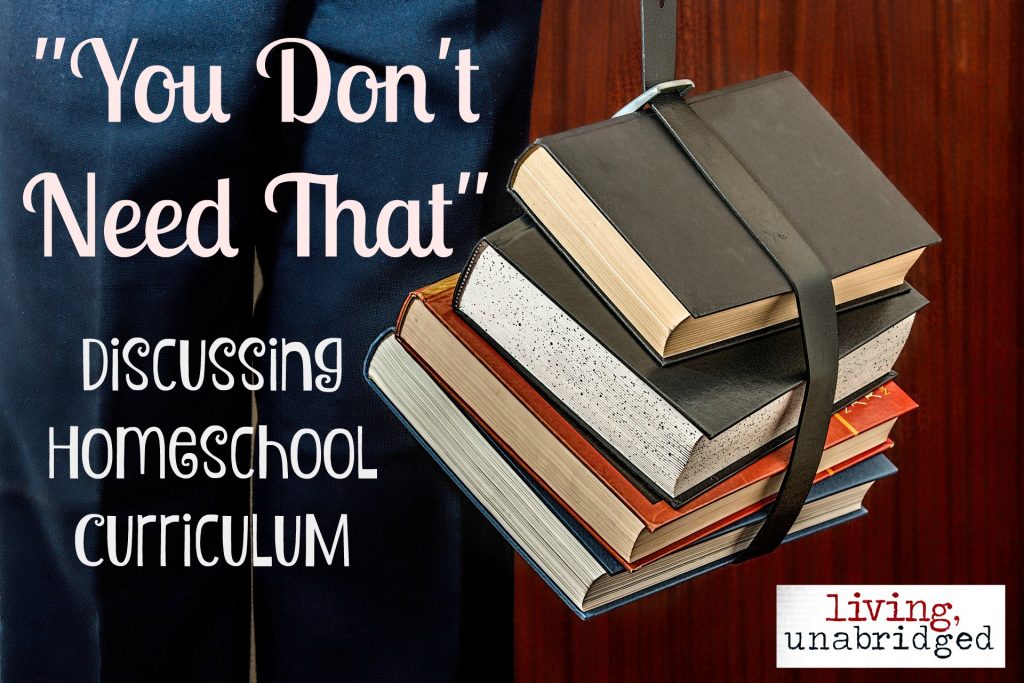 I have a friend who said she was seriously tempted to get a booth and call it "You Don't Need That". It would be a service for all the new homeschool moms (whether they had young or older children). She would examine their choices and then dump what they didn't need in a bin.
I have a friend who said she was seriously tempted to get a booth and call it "You Don't Need That". It would be a service for all the new homeschool moms (whether they had young or older children). She would examine their choices and then dump what they didn't need in a bin.
It sounds nuts, I know. But I think I'd join her.
Because, fellow homeschool moms, you are burdening yourself unnecessarily.
You think you need to cover fifty-eleven subjects (that made up number courtesy of my dad) in the limited time you have with your kids every day. But here's the problem: there are an infinite number of subjects.
How do you decide what to cover and what to skip?
Each state has some requirements. And you do need to do your best to meet those, but most states do not dictate HOW you meet those standards. (In other words: most states do not require that you use only XZY Curriculum for teaching "Language Arts.")
Your style of homeschooling (we're relaxed classical) will help determine some of what you cover. Your own strengths and weaknesses will help as well. If you'd like to read more about how these principles have shaped our homeschool, read on.
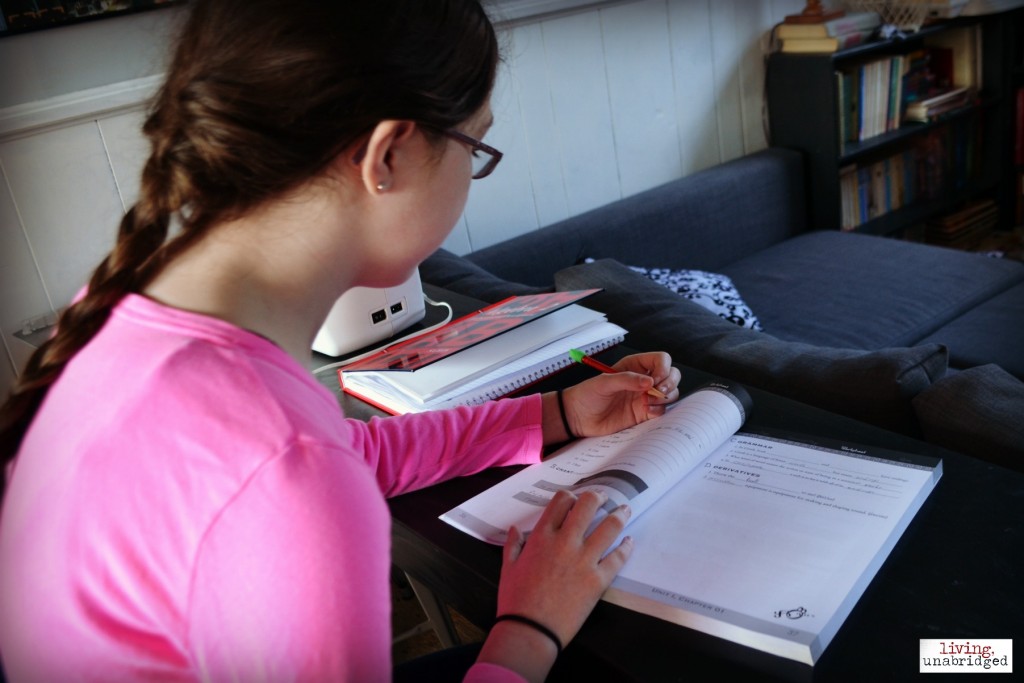 Questions About Homeschool Curriculum
Questions About Homeschool Curriculum
I get a lot of questions from younger homeschool moms. Questions like:
What spelling curriculum do you use?
What do you use for vocabulary?
I'm going to tell you (and the whole world) a secret: we don't use anything.
That's it. That's the secret.
We don't have a spelling or vocabulary curriculum.
GASP. Horror. Shock.
Here's the thing: I believe spelling is mostly an innate skill. Some people are Spellers. Some are not. Some people will love spelling and spelling tests and spelling bees. And some will not. Some will benefit from extensive phonics and loads of reading and muddle through on their spelling with the help of spell check. Some will have extensive phonics, read constantly, and still spell so poorly that even spell checker is pretty much "I got nothin' for you, man."
I have permission to tell you this: our oldest daughter has terrible spelling skills. It isn't a reading problem (she's been reading constantly - and that is not an exaggeration - since she was six years old). It isn't a phonics problem. She learned to read with a bare basics, no pictures, no flashy colors, phonics program.
(It was this one, if you're interested: The Ordinary Parent's Guide to Teaching Reading. It costs less than $20. I've used it with three children so far, one is working through it now, and I will most likely use it with the others. Best $20 I've ever spent.)
She's just not a Speller.
But now she's in high school, writing more, and last year she asked me if there was any spelling program for kids her age. And I looked, and lo, there was and it was inexpensive and simple. So I bought it for her.
I do not check it. I do not ask her if she's done it. I have nothing to do with it at all unless she asks me a question or wants to show it to me.
And she tells me she loves it and it's helping her, the end.
(Here it is for those of you who are interested: Apples Daily Spelling Drills for Secondary Students.)
Our second daughter will not need this program. Her spelling is already pretty well in hand. And I never did a spelling curriculum or weekly spelling words or the like with her. She just has some natural spelling ability that her older sister doesn't have. (And if this younger daughter someday wants the book her older sister is using, I'll still order it for her.)
Why? Because when the student wants to do something, it doesn't burden down our day. There are no tears. No fights. No constant struggle. It just...is. (And no, none of my children will probably end up on the local news for winning a spelling bee. We are not that homeschool family. And I am A-OK with that.)
The thing about purchased curriculum (as opposed to defining curriculum as a course of study) is that it is a tool. They are designed to equip the homeschool parent to teach a child a particular subject or skill.
Why do I think purchased homeschool curriculum is so popular?
Because parents are insecure about their own abilities to teach a subject.
That's why I buy Latin curriculum from Classical Academic Press or Memoria Press. I didn't have the first clue how to teach Latin when my oldest was ready to start.
But you know what happened? In the course of teaching my older two children, I learned a lot myself. I bet I could teach my younger children Latin now without a curriculum, at least for the early stages. (But I probably won't, because they love Song School Latin and that crazy little Simian.)
Do you know why I don't buy a vocabulary curriculum?
Because we read. All the time. All day long. All kinds of books. From Dr. Seuss to Shakespeare and from silly twaddle to the best English Literature has to offer.
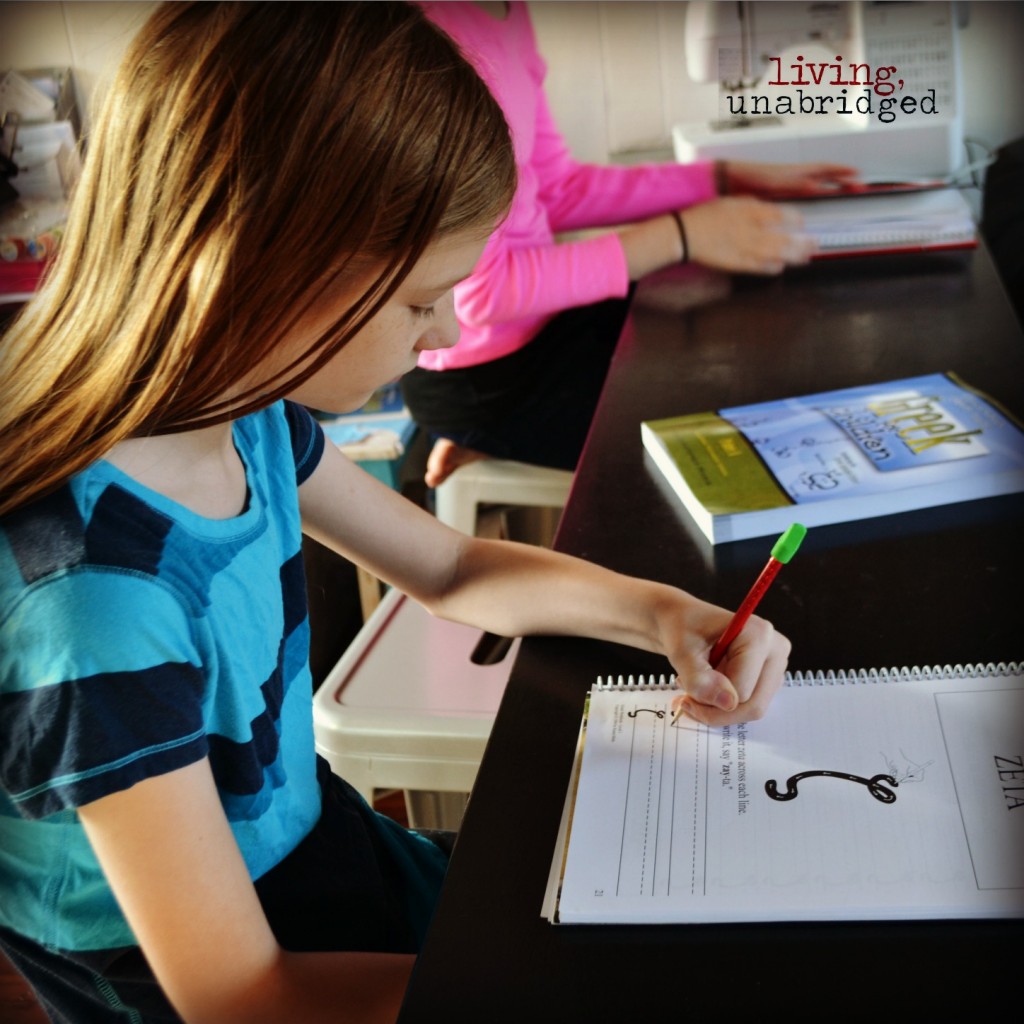 Another reason is because we study Latin (and we've started studying Greek). Vocabulary is not the primary reason we study Latin but it is one nice side benefit.
Another reason is because we study Latin (and we've started studying Greek). Vocabulary is not the primary reason we study Latin but it is one nice side benefit.
We have never needed a "word of the day" or "word of the week" to focus on new to us words. We learn them in context while reading. Sometimes a child will look up a word in the dictionary. We've had to correct pronunciation when a child uses a word that they've only read but not heard. (This can lead to some comical moments, but we always handle them gently and not mockingly.)
Curriculum (by which I mean texts or products, not a prescribed course of study) is to assist the teacher, whether that means a public, private, or homeschool teacher.
If you are just starting homeschooling a preschool or young school age child (5 or 6 years old), YOU DO NOT NEED AN EXPENSIVE CURRICULUM PACKAGE. (Sorry for shouting at you.) You already know more than a five year old. You most likely know what they need (basic phonics, basic counting skills, lots of books, some Legos or other building toys, and LOTS of time outside). You can homeschool kindergarten or first grade without breaking your budget.
Later on in your homeschooling life, if you are not confident in teaching a child how to spell or how to read, by all means, buy something that equips you to do so.
But never forget that whatever you buy is your tool, not your master.
And there may come a time when you don't need it any longer. So drop it in the "You don't need that" bin and walk away with a smile.
What should you do with all that money you're not spending on packaged curriculum?
- Buy books. Lots of books. Fiction and nonfiction. Illustrated and not. Gorgeous copies or paperbacks, whatever you can find and whatever suits your preference. And yes, there is a benefit to owning physical copies of books and not just digital, e-reader types. (We have both, of course.)
- Spend money on experiences. Symphony tickets. Art museums. Science museums. Zoo excursions.
- Sign up for online or co-op classes that you do not feel comfortable teaching. Too squeamish for dissecting? Afraid of Algebra 2? You can hire a tutor or outsource those classes to an online or co-op setting.
- Invest in your personal education.The more confident you feel in your own education, the more comfortable you will feel assisting your children in theirs. Become a lifelong autodidact and inspire your children to imitate you. At the very least, when you educate yourself you will be better equipped to evaluate all the options filling up the homeschool convention vendor halls. You will know which things are a no-go for your family and which things to consider.
So, fellow homeschool parents, do you teach any subjects without a curriculum? I'd love to hear your thoughts about this.
Want to see suggestions from other homeschool moms? Check out the posts linked up here:


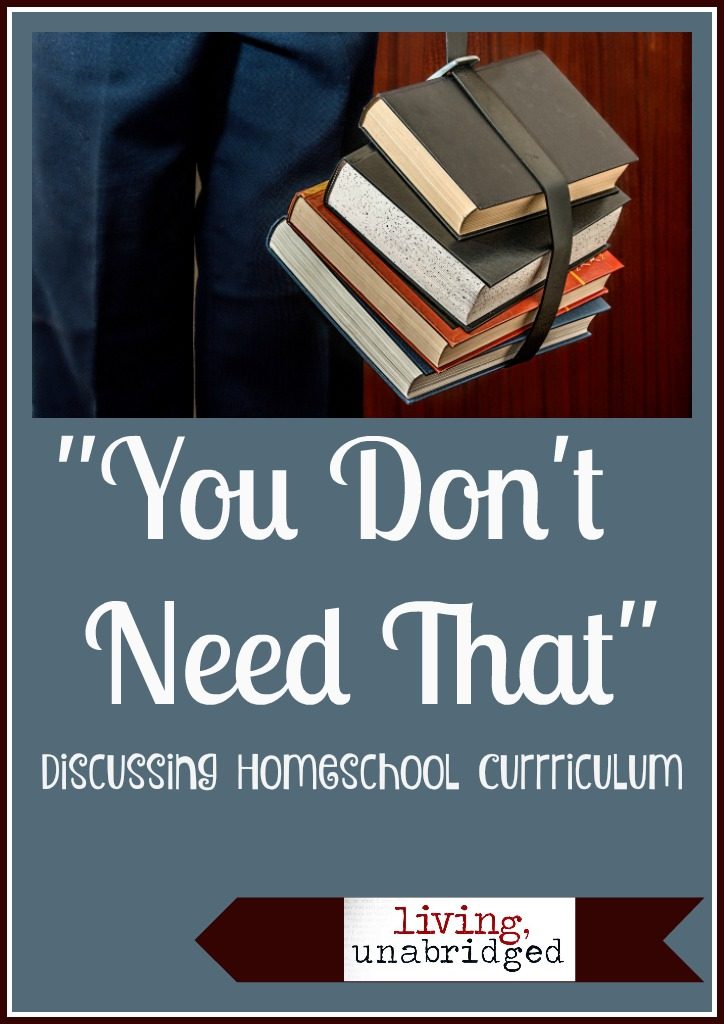
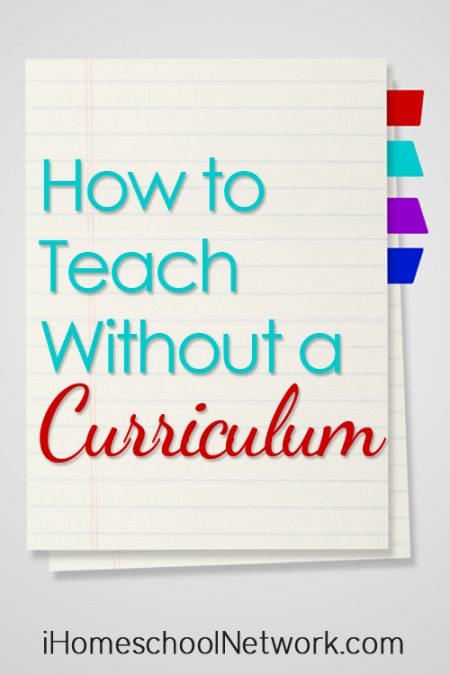
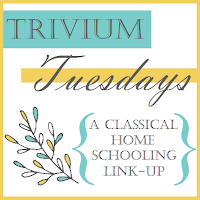
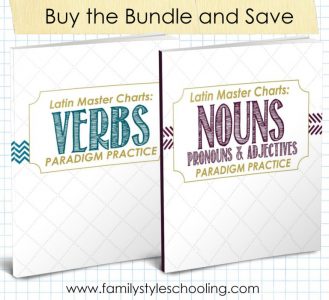




Excellent. Amen.
Thanks. This is how I do it but I kind of thought I was the only one.
Glad to have your reassurance that all those years of "doing nothing" with you and your younger siblings during those early years was the right decision. (I thought I was just too lazy.) I guess raising 4 geniuses is proof that not spending more than 30 minutes a day on K-1st grade work
doesn't necessarily ruin a child's life. ;)
I think you are spot on. It is worth mentioning, though, that using curriculum generally saves time. Personally, I love planning out lessons and courses of study, but sometimes it is just nice to have it all laid out me. But then of course if you get fifty-eleven different subjects worth of curriculum and try to do what all of it tells you to do, I guess that wouldn't save any time =) Thanks for sharing!
Excellent point about the time issue! I totally agree. I guess the problem I see is when people buy a complete inclusive curriculum and then still add other things. All inclusive would never work for me because I'm too independent. ;)
Love this!
Karen this is GREAT advice! I wish I would have been able to chat with you longer at GHC. Maybe you could have saved me some money ;)
I just wanted to say how amazing this was to read. I very regularly have moments where I seriously doubt my capabilities to homeschool "well" because I veer away from curriculums by instinct. Thank you for instilling confidence during a time of need. :)
Thanks. I found the curriculum actually hindered me but I was so unsure.